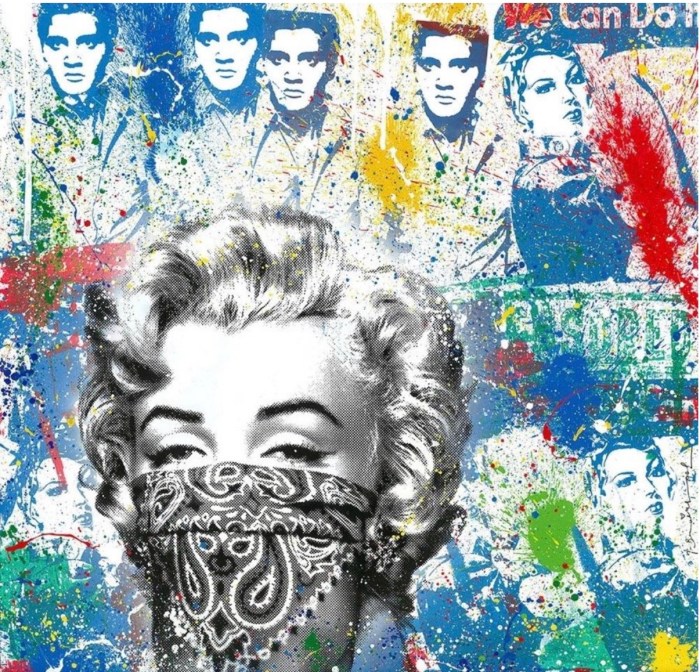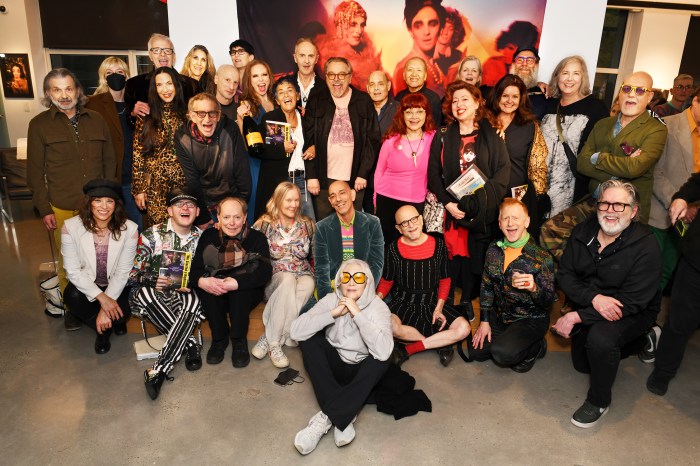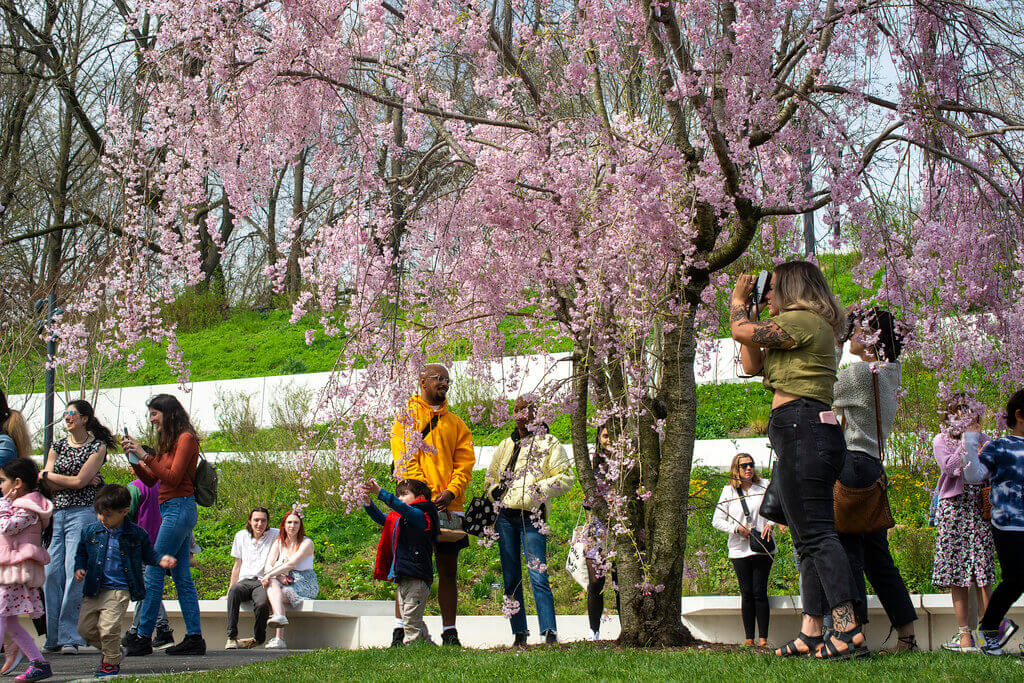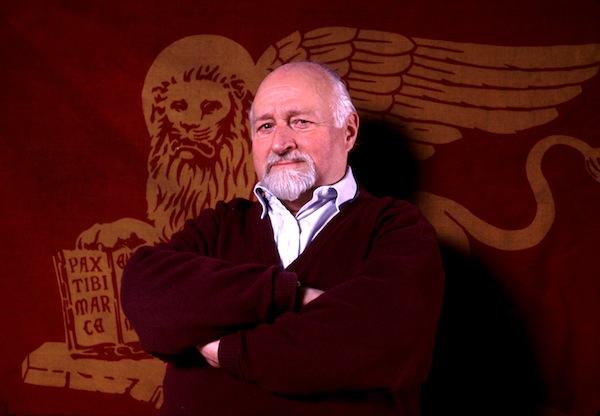
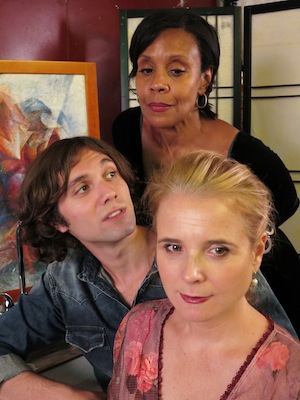
BY MARTIN DENTON (of nytheatre.com) | Most people, by the time they reach their 80s, are happy to stop working — or at least scale back their activities, reveling in a mode of relaxation and retirement that is well-deserved and richly earned.
But Mario Fratti is not most people.
Instead, he is, at 85, as active as ever. Fratti has been working professionally in American theater since I was 2 years old — and he makes me look like a slacker. He’s the great theatre polymath: playwright, critic, teacher, and advocate of drama that’s reflective politically, socially, and sexually of the way people actually behave. He’s as pro- lific a writer as exists in the theatre today, and one of the most generous, helping art- ists at every stage of their career get better at what they do. He’s been enormously sup- portive of my work, especially NYTE Small Press, which published a collection of 28 of his shorter pieces, “Unpredictable Plays,” in 2007, on the occasion of his 80th birthday. (We just talked to Mario on the phone a few days ago and he promises another collection for his 90th).
Fratti’s oeuvre spans 50 years and includes landmarks like the musical “Nine” (for which he wrote the translation from the Italian) and “The Cage,” which premiered off-Broadway in 1966 and has been seen in literally dozens of countries since. The distinguished theater critic/anthologist Stanley Richards wrote, “As a dramatist, Fratti eschews the obscure and the enigmatic. A principled advocate of directness and immediate communication in the theater, Fratti’s plays are governed by a fine and firm creative hand.” Another of America’s great theater critics, Richard L. Coe, wrote, “His plays are strong, cogent and tightly knit. This, perhaps, explains Fratti’s particular gift of choosing a dramatic situation, keeping it alive with sharp dialogue, drawing unequivocal characters and driving to a point.”
Last season, he had a quartet of gay-themed plays performed at Theater for the New City, helmed by director Stephan Morrow; and also a new one-act called “Obama 44,” a murder mystery about a woman who was an ardent supporter of our current president, which debuted at La MaMa.
Fratti’s plays have titles like “Terrorist” and “Beata, the Pope’s Daughter” and “Che” and “porno” that indicate the breadth of his curiosity about the world and passion for ideas of all stripes. Probably his most per- formed recent work is “Iraq (Blindness),” which is a short, stunning drama about a returning veteran who brings tragic and edifying news to the family of a fallen comrade-in-arms.
Fratti reunites with Morrow, again at Theater for the New City, for a double bill of plays making their U.S. premieres. They are both vintage Fratti, moving from a provocative and unusual premise toward a twist that you almost certainly won’t see coming. As Robert Corrigan wrote (in the introduction to the anthology “Masterpieces of Italian Theater”), “Almost all of Fratti’s plays begin with a bizarre dramatic situation. This he then develops and exploits in innumerable ways. But his purpose is always to lead us from the distortions of reality to a fuller understanding for it. Fratti is not afraid of facing reality and he believes that one of the chief functions of the theater is to provide a direct confrontation with it.”
So here’s what he’s got for us now: The first of the pair is “Three Sisters and a Priest,” which was inspired by Pope John Paul II’s 1999 statement that hell is “a state of mind, a self-willed exile from God.” Three elderly, wealthy sisters are fascinated and confused by the Holy Father’s words and summon a priest to clarify them. (Watch out, Priest.) The second item is “Suicide Club,” in which a mother has joined a support group for survivors of family suicides — under false pretenses.
The plays feature actors Deborah Offner, Carol Tammer, Mark Ethan, Maria Deasy, Connor Moore and Cheryl Freeman. TNC, long a home for Fratti’s work, makes it accessible and affordable, too (tickets are just $11.50). Where else can you see new work by one of the world’s most highly regarded international playwrights for such a low price?
Two of the hallmarks of Fratti’s work are their candor about sexuality and their unexpected endings. These are certainly among the attributes I prize about his plays. The former is based, I think, in his Italian heritage. Even though Fratti has lived and worked in New York City since the early ‘60s (he taught at Hunter College for many years), his sensibility is decidedly post-war European — by which I mean that he lacks the provincialism and puritanical streak that we often find in American writers, and his world view is informed by a sense of internationalism and multi-culturalism that comes from having spent so many years in an adopted country and so much working time, to this day, abroad (Fratti travels wherever his work takes him, to Europe, Asia, and South America, and he is constantly delighted by the reception his plays receive in countries not his own).
As for the endings, well, that’s the Fratti signature. He told me once that the key to writing a great play is to know the ending up front. “Come up with a great ending,” he says, “and the rest will easily follow.”
We’ll see that principle in action, I am sure, at TNC.










